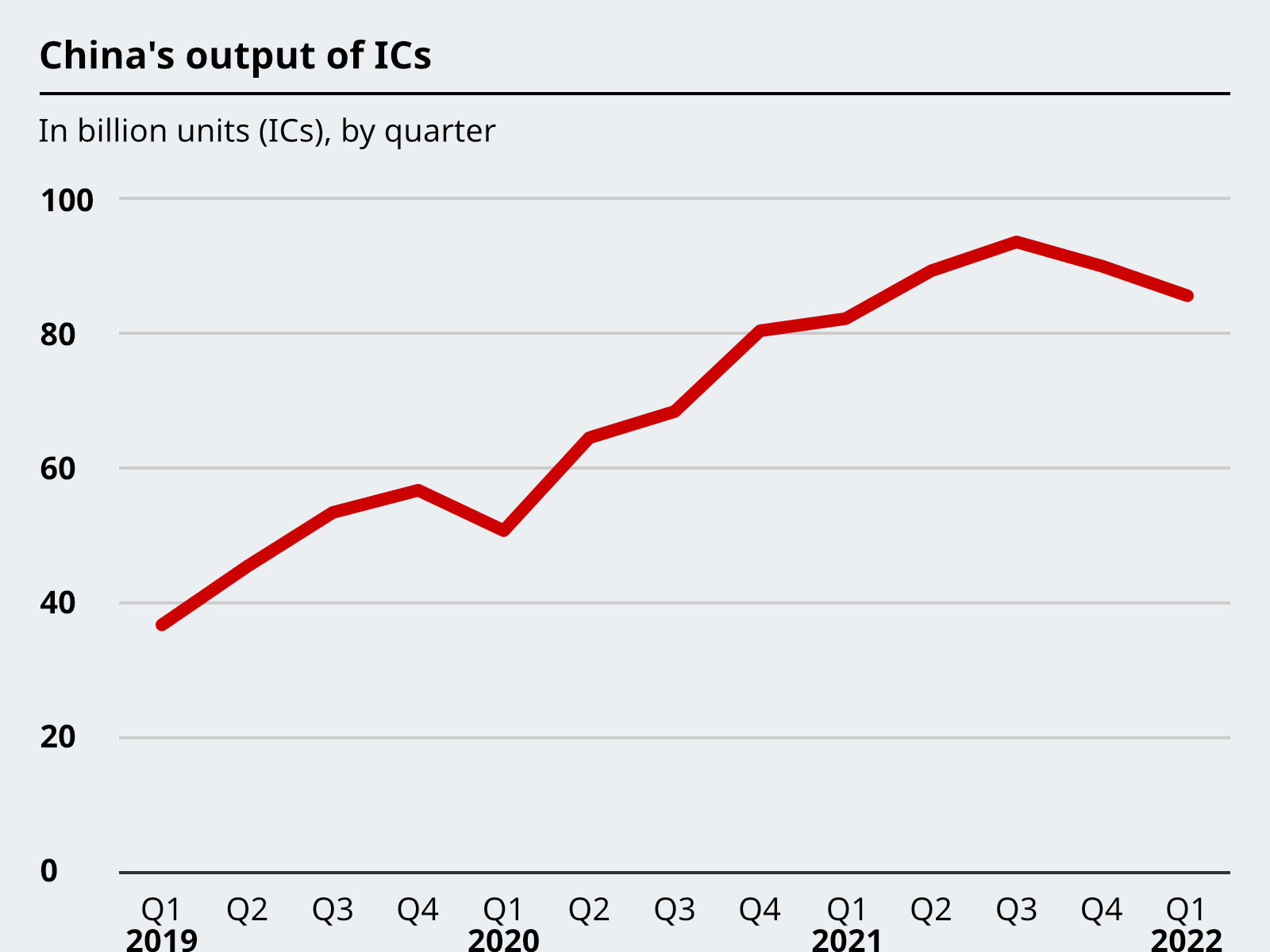| Welcome to the latest issue of Diplomat Brief. This week our top story investigates the arrest of a Kazakh journalist, including an exclusive prison interview. We also have an interview with Duwa Lashi La, the acting president of the National Unity Government, Myanmar’s shadow government, on the ongoing armed conflict with the junta. |
| Story of the week |  | Politics From Prison, Kazakh Journalist Makhambet Abzhan Explains His CaseWhat Happened: On July 3, Kazakh journalist Makhambet Abzhan was arrested on suspicion of extortion. He is currently in detention, facing investigation by the Anti-Corruption Committee – which typically only looks into government corruption. Abzhan admits to accepting money from a businessman to remove his name from an article but claims he did not propose the deal. Instead, Abzhan says he was set up for entrapment by an intermediary who asked him to “name any number.” Our Focus: Abzhan has written articles about business interests involving relatives of both former President Nursultan Nazarbayev and current President Kassym-Jomart Tokayev, as well as reporting on the events of “Bloody January.” He believes that the current prosecution is related to his journalism – that authorities are trying to silence him. “The case is purely political,” Bauyrzhan Azanov, one of Abzhan’s lawyers, told The Diplomat. “They have chosen to pursue an economic case because it appears that it is not connected with his journalism.” Azanov added that the authorities are pressuring Abzhan to give up the sources he used in his articles. What Comes Next: If convicted, Abzhan faces up to eight years in prison. His partner, Gulzira Dusembayeva, is also worried that she may be targeted for prosecution in an attempt to pressure Abzhan to cooperate with investigators. His case comes amid a broader backdrop of suppression and retaliation targeting journalists across Central Asia, particularly those who dig into the business affairs of leaders. Read this story |
| Behind the News | INTERVIEW Duwa Lashi LaDuwa Lashi La, a Kachin lawyer and politician who serves as the acting president of the NUG, on the state of the armed struggle against Myanmar’s military regime: “The military cannot win… Together with our allies, the resistance forces control more than 50 percent of Myanmar territory. Due to increasing integration with the ethnic resistance organizations, called EROs, and strong support from the people, the territory that we hold and control is growing week by week.” Read the interview |
| This Week in Asia | Northeast Asia Japan, South Korea Take Tentative Steps Toward RapprochementIn his election campaign, South Korean President Yoon Suk Yeol made clear he wanted to mend ties with Japan. Relations have been nearly frozen since South Korea’s top court awarded damages for forced labor during Japan’s colonial occupation of Korea. Now the Yoon administration is seeking to put its words into action. Foreign Minister Park Jin visited Tokyo earlier this week, and both sides pledged an early resolution to the forced labor issue. At home, the Yoon administration is seeking public buy-in through a consultation mechanism – but will be immensely difficult for Seoul to find a solution that is acceptable to both the Korean public and the Japanese government. Find out more | South Asia Sri Lanka Gets a New PresidentFollowing the occupation of the presidential residence by protesters, Gotabaya Rajapaksa fled the country. He finally tendered his resignation, a key demand of the protest movement, from abroad. Sri Lanka’s Parliament selected a new leader on Wednesday, and acting president and six-time prime minister Ranil Wickremesinghe won the day, That promises to further roil national politics, as protesters have made clear they want Wickremsinghe gone as well. Meanwhile, amid the political turmoil, there’s little movement on tackling the economic problems that led to the current crisis. Find out more | Southeast Asia Indonesia Introduces Harsh New Tech RegulationsThis week, Indonesia will introduce a restrictive new internet regulation that will require social media and internet platforms including Google, Facebook, Twitter, YouTube, and TikTok to remove content at the behest of the government. Under Ministerial Regulation 5, these services will be required to comply with takedown orders within 24 hours, or within four hours for “urgent” requests. Activists worry that while the new rules cover some objectionable content, such as material promoting violent extremism and images of child sexual abuse, the vague definitions and sweeping powers of the new regulation will create one of the most repressive digital regimes in Asia outside of China. Find out more | Central Asia Where’s an Ethnic Kazakh Chinese Citizen To Go?Ersin Erkinuly, a young ethnic Kazakh from Xinjiang, has been on the road and on the run for nearly three years. After leaving China, fearing arbitrary detention, he tried to seek asylum in Kazakhstan, then Turkey, then Ukraine – where he was when the war broke out in February 2022. Detained again for illegally crossing the German border last week , Erkinuly's search for a safe place to call home is far from over. Find out more |
| Visualizing APAC |  | China’s production of integrated circuits (ICs) has been on the upswing – with the marked exceptions of the country’s major COVID lockdowns in early 2020 and early 2022. See the full picture |
| Word of the Week | Society шал, кет!Shal ket, Kazakh for “Get out old man,” has become a rallying cry for Kazakhs seeking a change of the guard among top leaders. Find out more |
|  |




